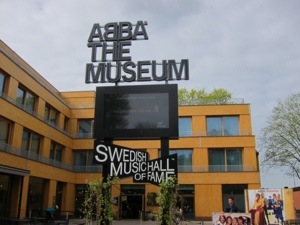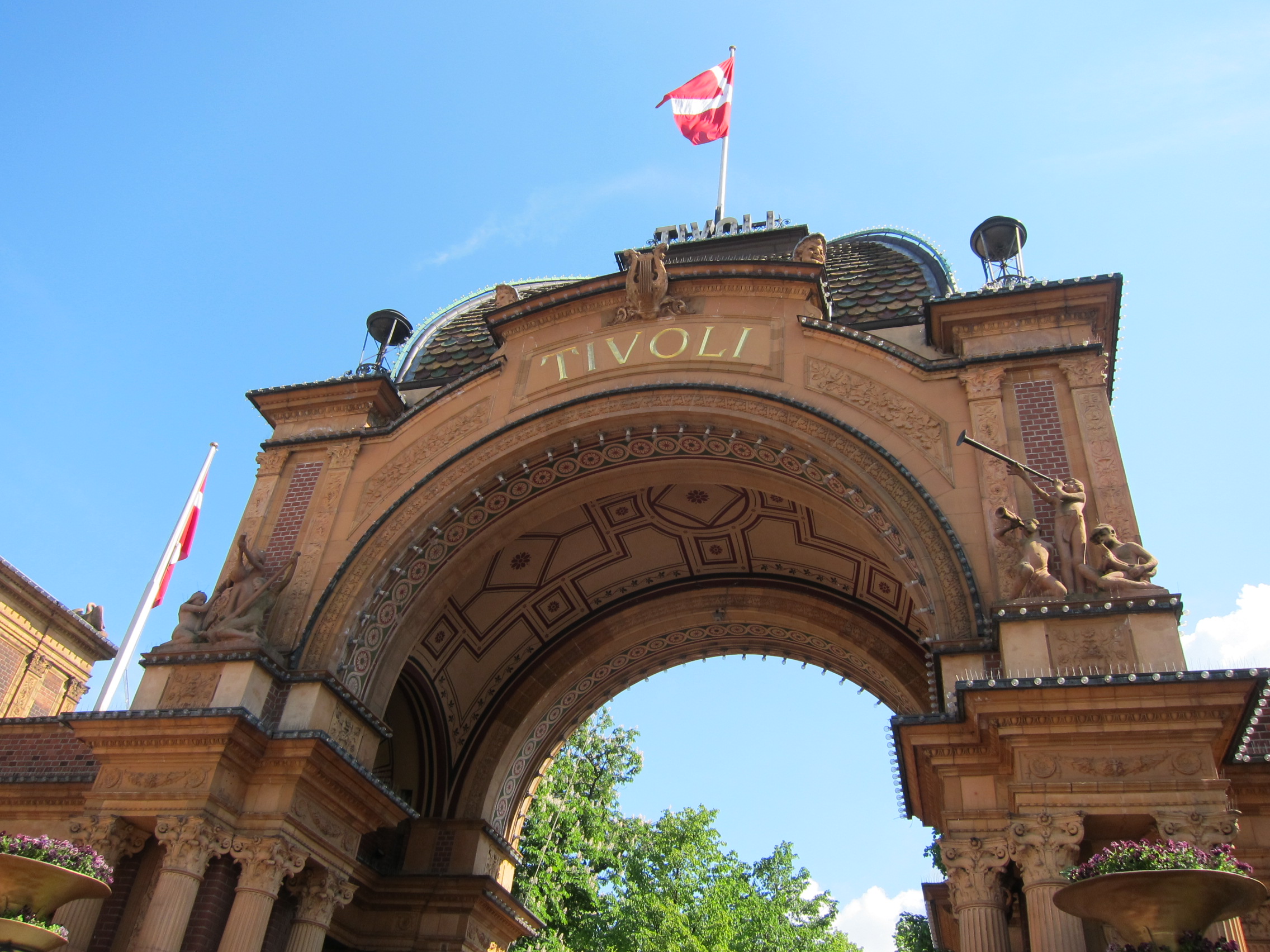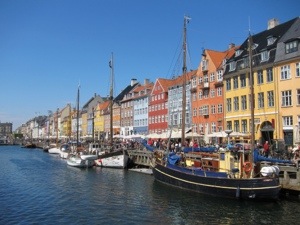What better way to begin our trip to Eurovision 2014 than with a visit to ABBA the Museum in Stockholm? With this year commemorating the 40th anniversary of ABBA’s win at Eurovision with the song “Waterloo”, it seemed to be a particularly appropriate time.
The museum takes you on the journey through the lives of the members of ABBA, from their early years and first bands, through to the formation of ABBA, their win at Eurovision in Brighton, UK and the years of fame and music making that followed. It’s a lot of fun, with their music playing throughout, and interactive singing and dancing activities and photo opportunities giving lots of chances to get involved. I was so excited to sit in the helicopter from the Arrival album cover! If only I were wearing a jumpsuit! Having seen the ABBA exhibition on its visit to Sydney, I was worried that this museum would merely repeat the experience, but it provides a whole extra level of depth.
The ‘Gold Room’ contains the true treasures – gold records and original stage costumes, including capes, miniskirts and my all time favourites, the blue and yellow cat outfits. How badly did I want one of those as a young girl? And now I own a t-shirt featuring the original design, purchased from the museum gift shop.
It was great to watch that original Eurovision performance, and to remember that, up to that point, the competition had been fairly conservative. It seems that the ABBA win was a turning point, introducing Euro-pop and the outlandish outfits that just seem to get more and more over the top with each year’s competition. (It’s also interesting to note that Olivia Newton-John represented the UK in the 1974 competition and came fourth with “Long Live Love”).
One tip is that the museum is cashless, and that there is a surcharge for buying tickets at the door. We had difficulty purchasing our tickets online with Australian credit cards, but tickets can be pre-purchased from the nearby Djurgården tourist information centre, avoiding the fee.
The museum also includes the Swedish music hall of fame, a further excuse to lose yourself in the Europop of Roxette, Ace of Base, Swedish House Mafia, Europe and, of course, the 2012 Eurovision winner, Loreen.



